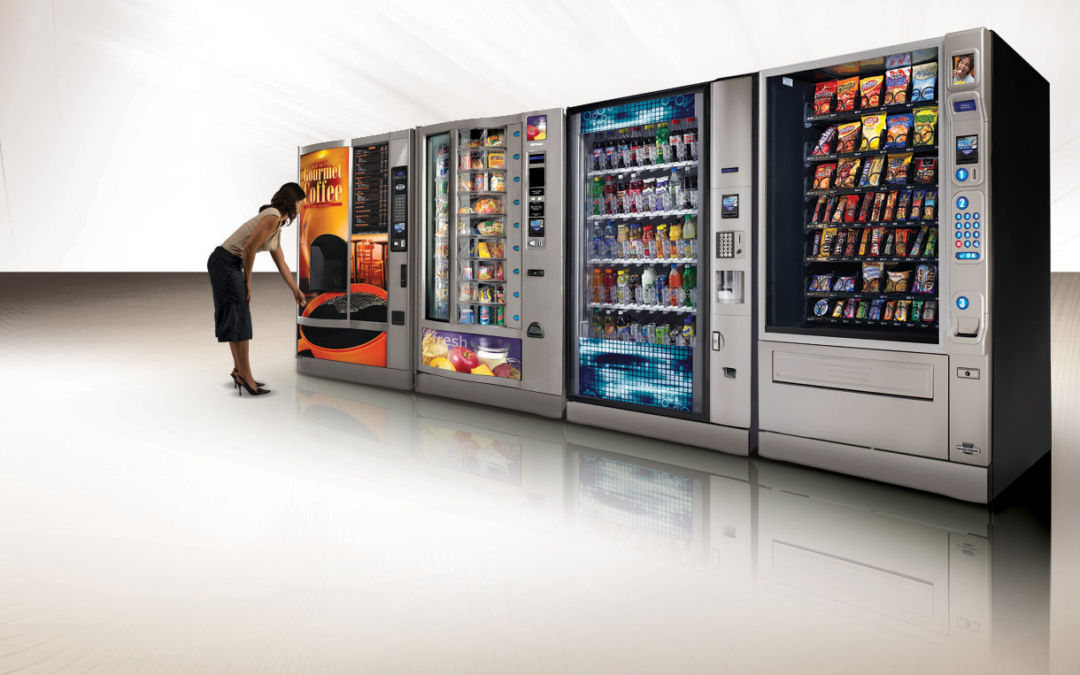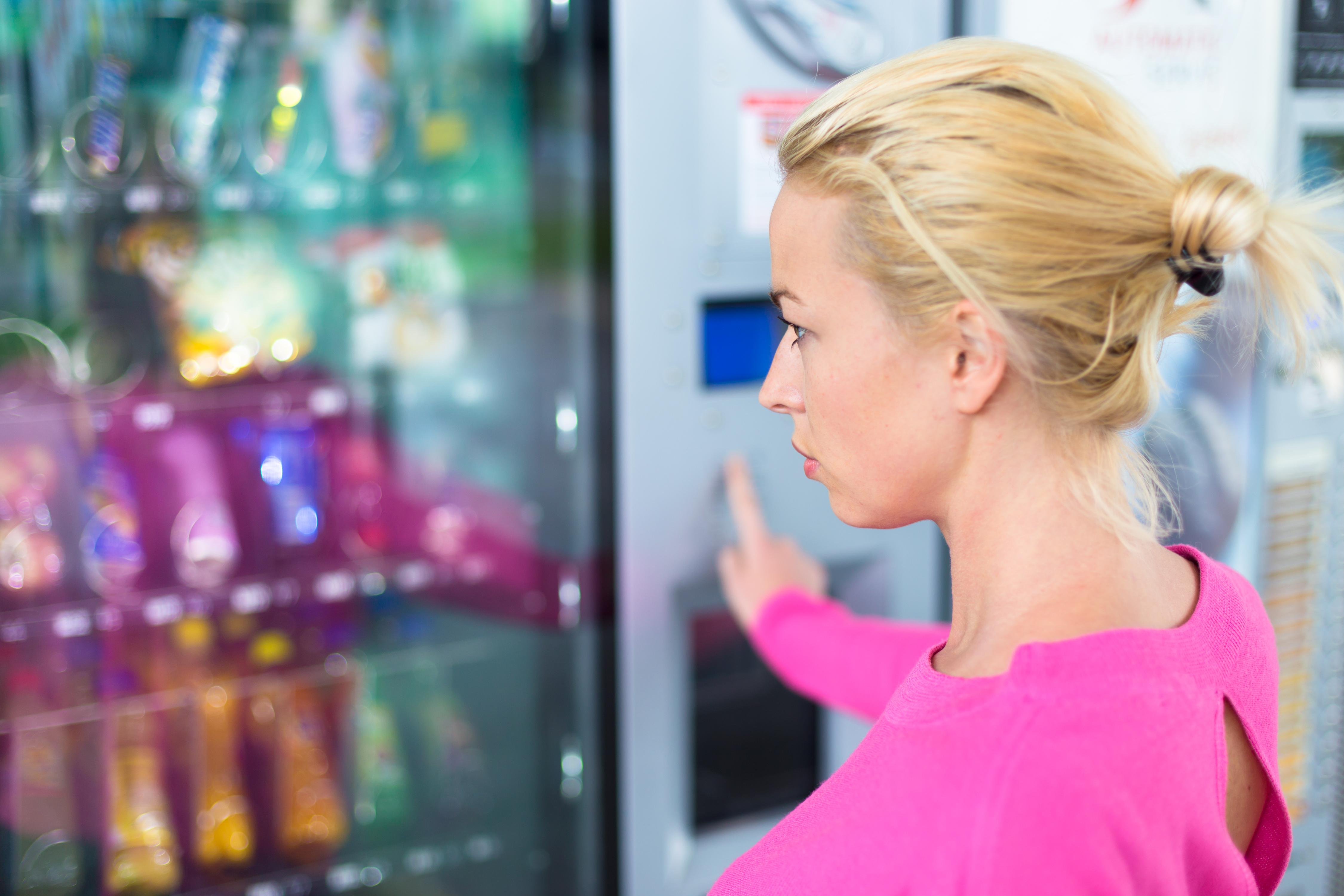It’s been 18 months because the Slow Food Coffee Coalition (SFCC) used to be formally introduced, however what has been completed in that point.
When the SFCC used to be formally introduced, the primary purpose used to be to unite the numerous actors throughout the espresso chain, from growers to customers by way of roasters and vendors. In that point, 29 new Slow Food Communities have been shaped connected to espresso manufacturing in 9 international locations all over the world together with Cuba, the Philippines, Honduras, India, Malawi, Mexico, Peru, East Timor and Uganda.
In 8 of those new Slow Food Communities, a procedure for certifying that the espresso is excellent, blank and truthful has been offered. These Participatory Guarantee Systems (PGS) are mechanisms that permit neighborhood contributors to guage their merchandise themselves. But relatively than a easy self-certification, it is a shared means of review, which unites manufacturers and different stakeholders and is in response to accept as true with and laws, requirements and procedures in the past established in combination. This form of certification, not like many others, has no further prices for the manufacturers, as it’s the results of an inside procedure and does no longer contain analysis via a third-party organisation.
The 8 Slow Food Communities that have already applied a PGS are the Slow Food Bio Cuba Café Frente Oriental Community in Cuba, the Slow Food Minoyan Murcia Coffee Network Community within the Philippines, the Slow Food Café Resiliente El Paraíso e Las Capucas Sustainable Coffee Village Community in Honduras, the Slow Food Nilgirs Coffee Coalition in India, the Slow Food Bosque, Niebla y Café Xalapa Community in Mexico, the Slow Food Café Sustentable Villa Rica Community in Peru and the Slow Food Mt. Elgon Nyasaland Coffee Community in Uganda.
What is a PGS?
A Participatory Guarantee System is a device, which on the subject of the Slow Food Coffee Coalition works like this: Slow Food trains the native communities, both in individual or remotely, following the foundations advanced over the affiliation’s 30-year historical past. Together with the communities and in response to each and every one’s person traits, the standards to be revered are established. They are at all times in response to a manufacturing procedure that leads to a sensorily relaxing product, respects the surroundings, follows agroecology ideas and values the glory of staff. The communities adopting the PGS then make the aware option to be answerable for respecting those laws. It is the neighborhood itself that promises the trustworthiness of the device, a collective crew of people that in quite a lot of roles are all a part of the similar manufacturing chain and are all operating to acquire the most efficient imaginable product.
This manner the certification does no longer come from the Slow Food Coffee Coalition, however from the neighborhood itself, whose lifestyles is rooted in shared values and ideas.
Yes, however the espresso? Traceable by way of blockchain
The result of the final 12 months and a part of labor have been showcased at Terra Madre Salone del Gusto, the place the SFCC’s first six pilot coffees have been to be had for tasting. They got here from 5 of the Slow Food Communities who have been selected to introduce a PGS (in Cuba, Honduras, India, Mexico and Peru) and they have got been processed via 11 other roasters (10 in Italy and one in Denmark).
Another important innovation has been offered via the SFCC: blockchain, a traceability device that makes it imaginable to soundly document each and every step alongside the manufacturing procedure. The blockchain coffees make it imaginable to make sure the ideas equipped concerning the uncooked fabrics and their processing all over each and every section of the manufacturing procedure, from cultivation to the shopper’s cup. This great tool is to be had to someone who desires to be told extra and make aware intake possible choices.
The Slow Food Coffee Coalition, based via Slow Food and the Lavazza Group.


